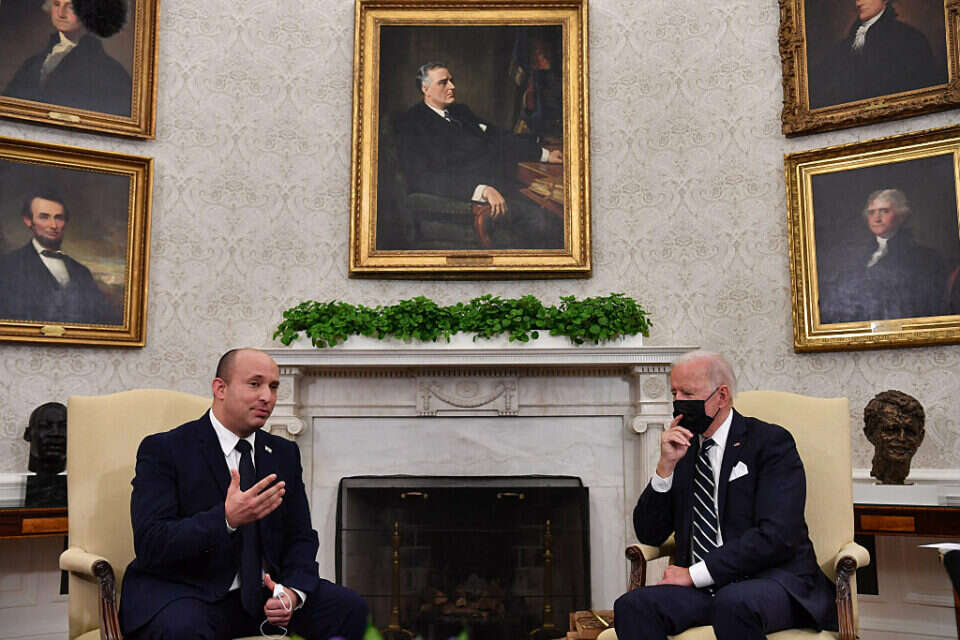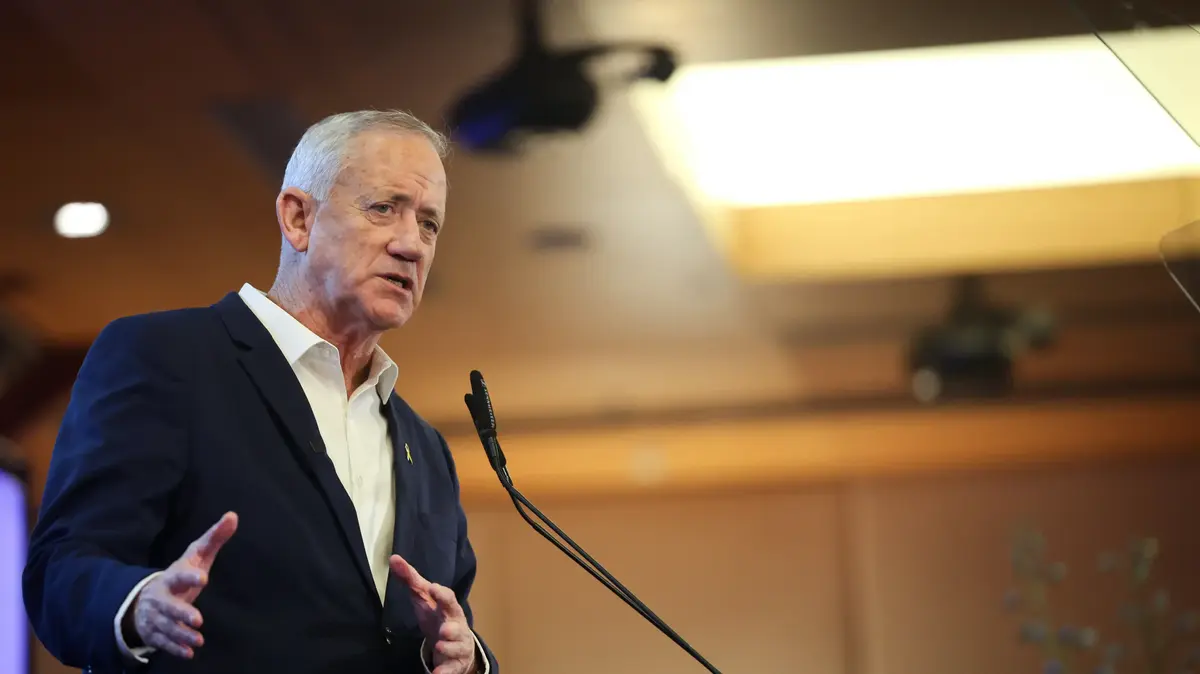Exemption from visas is a sign of deep friendship and mutual trust between countries.
The United States has exemption arrangements with some 40 countries, including those such as Chile or Brunei, with which the level of relations is not close to that prevailing among us. Citizens of Israel, the United States' most important strategic ally in the Middle East, , Still need to apply for a visa, just like the citizens of Russia and China, whom the Americans consider rival countries.
The formal explanation is that Israel does not meet the criteria: the Americans have repeatedly claimed that the rate of rejection of visa applications from Israel is relatively high, which indicates the need for filtering, and many cases of violation of visa conditions.
On the other hand, it is not certain that countries that benefit from an exemption meet these criteria.
The reasons are therefore deeper, and in some cases historical: the issue has simply not been on the agenda of Israeli governments for generations.
Until the 1980s, especially in times of economic crisis and shortage of foreign currency, Israeli governments had no urgent interest in making it easier for its citizens to spend dollars abroad. This never stopped American investment and tourism promotion, because U.S. citizens were not required to issue visas to Israel.
The change began when Israeli prime ministers internalized the issue's popularity and hoped to leverage it for public relations.
From Ariel Sharon to Bennett, every prime minister in his contacts with the Americans announced the news of the visa waiver.
But the American response to Israeli requests and statements was constant: we will examine and give guidelines for advancing the issue.
In 2002, when I began my term as ambassador to Washington, I received from Secretary of State Colin Powell and his consular wing the same "promises" that Bennett now received at the White House. Despite the promises, however, the issue never came up for discussion in the strategic dialogue I led at the time with Bill Barnes, now the head of the CIA. It seems to me that all the ambassadors and prime ministers have since received the same "promise" empty of deeds.
Following the 9/11 attacks, the supreme authority to approve entry visas to the United States passed from the State Department to the Department of Homeland Security, for fear of terrorist infiltration. Has never been established, so the first sign of an American seriousness test this time, the immediate indication that Bennett's promise has more weight than its predecessors in the last 20 years, is the establishment of such teams and the beginning of intensive work with them, until an acceptable formula is reached. Operational significance for the gospel exemption.
Even now, it is difficult to identify a special interest or mobilization of Americans to change policy.
After all, if in the four years of the Trump administration, the most pro-Israel president of all, with the friendliest staff and the warmest ambassador, the Americans disobeyed the diplomatic code of reciprocity and granted a visa waiver to Israeli citizens - one can be skeptical about the desired change following the Biden-Bennett meeting.
Danny Ayalon, former Israeli Ambassador to the United States and Deputy Foreign Minister, is the founder of The Truth About Israel


/cloudfront-eu-central-1.images.arcpublishing.com/prisa/76J532RHISSSKLB6CEURDKTMCI.jpg)








/cloudfront-eu-central-1.images.arcpublishing.com/prisa/KMEYMJKESBAZBE4MRBAM4TGHIQ.jpg)



